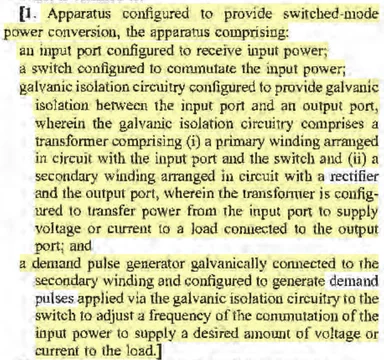
As a devoted francophile (and middling francophone), I'm ever intrigued by the concept of rank. One cannot watch the plays of Moliere or the films of Renoir without getting a sense for the pervasive role that rank plays in every aspect of society, amongst both the proud and the petty.
This of course brings me to the place I most commonly rub against the rigid hierarchies of rank—summary judgment motions. Long time readers will of course be aware that Judges Connolly and Williams require litigants to rank their summary judgment motions, so that once one is denied, the remainder are denied as moot. The passage from Judge Williams Form Order on this point is below:
Any party that files more than one summary judgment motion shall number each motion to indicate the order in which the party wishes the Court to review its pending motions. The first motion the party wishes the Court to consider shall be designated #1, the second motion shall be designated #2, and so on. The Court will review the party’s summary judgment motions in the order designated by the party. If the Court decides to deny a motion filed by the party, barring exceptional reasons determined sua sponte by the Court, the Court will not review any lower ranked summary judgment motions filed by the party.
But what, dear reader, happens when that first ranked motion is granted in part, and denied in part? Will the first ranked motion step aside so that its lessers may proceed to judgment, or will it be stopped dead, so that no more may pass?
The answer, according to last week's decision in Nexus Pharms., Inc. v. Exela Pharma Sci., LLC, C.A. No. 22-1233-GBW (D. Del. July 11, 2025), is that the second motion will be denied:
"Given the Court's denial-in-part of [Nexus'] first ranked summary judgment motion, the Court denies" Nexus' Second Motion for Summary Judgment "in accordance with its ranking procedures."
Id. at 13 (internal citations omitted).
If you enjoyed this post, consider subscribing to receive free e-mail updates about new posts.



